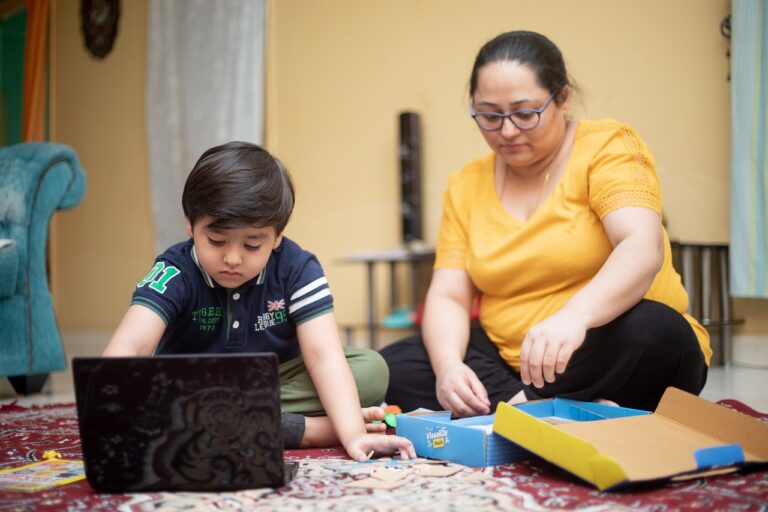The Role of Educational Consultants in Curriculum Development
11xplay sign up login password, laser247 com, tiger exchange login:Educational consultants play a crucial role in curriculum development in schools and educational institutions. They bring their expertise and knowledge to help create effective and engaging curriculum that meets the needs of students and supports their learning goals. In this article, we will explore the various ways in which educational consultants contribute to curriculum development.
Understanding the Needs of Students
Educational consultants work closely with teachers, administrators, and other stakeholders to understand the needs of students. By conducting thorough research and analysis, they can identify gaps in the current curriculum and develop strategies to address them. This process ensures that the curriculum is relevant, engaging, and tailored to the specific needs of the students.
Designing a Curriculum Framework
One of the key roles of educational consultants is to design a curriculum framework that outlines the key components of the curriculum. This framework serves as a roadmap for teachers and helps them to align their teaching practices with the overall goals of the curriculum. It also provides a clear structure that guides the development of lesson plans, assessments, and other instructional materials.
Implementing Curriculum Changes
Educational consultants work collaboratively with teachers and administrators to implement curriculum changes. This may involve providing training and professional development opportunities for teachers, developing new resources and materials, and evaluating the effectiveness of the curriculum. By monitoring and assessing the impact of curriculum changes, consultants can make adjustments as needed to improve student outcomes.
Promoting Innovation and Creativity
Educational consultants play a key role in promoting innovation and creativity in curriculum development. By staying up-to-date on the latest research and best practices in education, they can introduce new ideas and strategies that enhance the curriculum. This may involve incorporating technology, project-based learning, and other innovative approaches to engage students and support their learning.
Evaluating Curriculum Effectiveness
Another important role of educational consultants is to evaluate the effectiveness of the curriculum. By collecting data, conducting assessments, and gathering feedback from teachers and students, consultants can determine whether the curriculum is meeting its objectives. This information is essential for making informed decisions about curriculum improvements and adjustments.
Supporting Professional Development
Educational consultants also provide support for professional development for teachers and administrators. By offering training workshops, coaching sessions, and resources, consultants help educators expand their knowledge and skills in curriculum development. This ongoing support is essential for ensuring that teachers are equipped to implement the curriculum effectively.
In conclusion, educational consultants play a vital role in curriculum development by understanding the needs of students, designing a curriculum framework, implementing changes, promoting innovation, evaluating effectiveness, and supporting professional development. Their expertise and guidance contribute to the creation of high-quality curriculum that fosters student learning and achievement.
FAQs:
Q: What qualifications do educational consultants have?
A: Educational consultants typically have a background in education, instructional design, curriculum development, or a related field. They often hold advanced degrees and have extensive experience working in schools and educational settings.
Q: How can schools benefit from hiring educational consultants?
A: Schools can benefit from hiring educational consultants by gaining access to specialized expertise and knowledge in curriculum development. Consultants can help schools design and implement curriculum that supports student learning goals and improves overall academic outcomes.







